Sima ta kai, ta labanta – Resiliência
❉ Este artigo faz parte de uma série de artigos preparados pelas nossas colaboradoras da Soapbox Science Lisbon. A segunda edição do evento Soapbox Science Lisbon, para promover as mulheres na ciência, terá lugar no dia 23 de Outubro de 2021. Guardem esta data!
“Sima ta kai, ta labanta”, Resiliência!
Por Denise Camacho
Olá, chamo-me Denise Camacho, sou cabo-verdiana e estudante de doutoramento na Champalimaud Centre for the Unknown (CCU).
Para mim as mulheres estão cada vez mais a marcar o seu espaço na ciência. Hoje em dia temos excelentes cientistas mulheres reconhecidas internacionalmente. Estes exemplos são encorajadores para quem quer seguir uma carreira científica, porque afinal não há nada melhor do que a representatividade. Por ser africana, infelizmente em alguns momentos não me senti representada durante o meu percurso. Acredito que não seja só pelo facto de haver menos mulheres africanas (ou afrodescendentes) a fazerem ciência na Europa, mas também porque faltam plataformas de promoção onde se dá a conhecer ciência feita por mulheres em geral. Por isso o meu interesse no Soapbox! Acho importante que as mulheres percebam que têm um lugar na ciência e principalmente que têm espaço para divulgar a sua ciência independentemente da posição que exerçam num grupo de pesquisa.
Licenciei-me em Ciências Farmacêuticas na Universidade Jean Piaget de Cabo Verde, onde tive o meu primeiro contacto com investigação científica. Sempre fui ativa durante a minha vida académica. Fiz parte da associação de estudantes do Liceu, da Universidade, e do CCU. Enquanto andava na universidade, eu e os meus colegas organizamos feiras de saúde, semanas académicas e visitas de estudos.
Quando estava no terceiro ano de Licenciatura abriu na minha Universidade, um concurso para fazer parte de um grupo de investigação em doenças tropicais: o GIDT- PIAGET. Concorri e entrei! Neste grupo, estudávamos a distribuição geográfica de mosquitos Aedes Aegypti na Ilha de Santiago – Cabo Verde. Mais tarde, o grupo estabeleceu uma colaboração com o Centro de Investigação Aggeu Magalhães-PE (parte da Fundação Oswaldo Cruz) no Brasil, considerada uma das melhores instituições de pesquisa em saúde pública a nível mundial. Fomos três estudantes selecionadas para desenvolver o nosso projeto nesta instituição. A minha pesquisa consistiu em analisar a suscetibilidade do mosquito Aedes Aegypti aos inseticidas utilizados no controlo deste vetor em Cabo Verde. Os resultados foram bastante interessantes e foram publicados!
Posteriormente eu e mais colegas recebemos da Universidade o prémio de “Estudante Investigador” pelo trabalho feito no GIDT-PIAGET, o que para mim representou o reconhecimento de todos o esforço extracurricular feito durante o nosso percurso no grupo.
Um dos pontos altos do meu percurso foi representar o grupo, em nome da coordenadora Lara Goméz, no CampusÁfrica nas ilhas Canárias. Fiz uma apresentação para dar a conhecer os trabalhos de investigação feitos pelo grupo. Foi uma experiência fantástica porque era um evento grande, com representantes de várias instituições internacionais. Paralelamente havia seminários e aulas práticas, que me deram a oportunidade de experienciar um ambiente novo a nível científico, desenvolver competências e principalmente expandir a minha rede de contactos.
CampusÁfrica, Ilhas Canárias.
Depois de terminar o meu percurso Universitário, comecei a trabalhar como Diretora Técnica numa farmácia, mas após algum tempo percebi que queria investir mais na minha carreira científica. Então concorri para uma bolsa de doutoramento: o PGCD, que é um programa de pós-graduação em ciências da vida, do Instituto Gulbenkian de Ciências (IGC) destinado a candidatos de países africanos de língua oficial portuguesa (PALOP).
A área do cancro sempre me despertou alguma curiosidade. Após alguma pesquisa sobre grupos que trabalham neste âmbito, concorri ao grupo do Eduardo Moreno, na Champalimaud Centre for the Unknown. Estudo competição celular. Sim, as células competem entre si por nutrientes ou fatores de crescimento disponíveis no meio em que se inserem, como também por espaço. Hoje sabemos que as células conseguem avaliar o estado de aptidão celular expressando na sua superfície diferentes isoformas da proteína FLOWER (FWE). Estas isoformas denominam-se Win ou Lose. Ou seja, as células conseguem saber se outras células ao seu redor estão jovens e saudáveis ou velhas e danificadas, através da expressão de isoformas Win ou Lose da proteína FLOWER respetivamente. Quando uma célula fica doente ela expressa na sua superfície FWE Lose e por isso é eliminada pelas células vizinhas mais aptas. Este processo garante a saúde e integridade dos nossos tecidos.
Num contexto de cancro, as células cancerígenas tornam-se super aptas, apresentando na sua superfície um número elevado de FLOWER Win. Esta diferença na expressão exacerbada de FLOWER Win faz com que as células normais pareçam menos saudáveis sendo, por isso, eliminadas pelas células cancerígenas, permitindo-lhes ganhar mais nutrientes e espaço, continuando a invadir tecidos saudáveis.
O objetivo do meu projeto é perceber o mecanismo por detrás deste Fitness Comparison e tentar bloquear esta comunicação. Uma das formas de perceber, é identificar as proteínas que se ligam à FLOWER. Conhecendo os ligantes da FLOWER, será possível perceber melhor a função desta proteína e o papel desses ligantes num cenário de competição celular. Como diz o velho ditado “Diz-me com quem andas e dir-te-ei quem és”.
Laboratório de Química da Universidade Jean Piaget de Cabo Verde.
O meu percurso académico antes do doutoramento foi basicamente feito em Cabo Verde. Longe de ser o melhor país Africano em termos de avanços científicos. Mas o que me ajudou bastante foi o facto de eu não desperdiçar nenhuma oportunidade que me aparecia pela frente. Houveram “Nãos” no caminho, mas eu encarei-os como experiências de vida que me ajudaram a crescer. Como costumamos dizer em Kriolo (língua materna em Cabo Verde): “Sima ta kai, ta labanta”, o que significa que não importam as vezes em que erramos ou falhamos, o que realmente importa é a nossa perseverança para continuar. Resiliência é a palavra!
Autora:
❉ ❉ ❉
Organização:
Email: soapboxscience.lisbon@gmail.com
Em colaboração com:
❉ This article is part of a series of articles prepared by our collaborators from Soapbox Science Lisbon. The second edition of the Soapbox Science Lisbon event, to promote women in science, will happen on 23rd of October 2021. Save the date!
“Sima ta kai, ta labanta”, Resilience!
By Denise Camacho
Hello, my name is Denise Camacho, I am Cape Verdean and PhD student at Champalimaud Center for the Unknown (CCU).
For me women are increasingly making their mark in science. Nowadays we have excellent female scientists with international recognition in their work. These examples are encouraging for those who want to pursue a scientific career, because after all, there is nothing better than representativeness. Being African, unfortunately at times I didn’t feel represented during my journey. I believe that it is not only because there are fewer African women (or Afro descendants) doing science in Europe, but also because there is a lack of promotion platforms where science made by women, in general, is disseminated. So, my interest in Soapbox! I think it is important for women to realize that they have a place in science and especially that they have space to promote their science regardless of their position in a research group.
I graduated in Pharmaceutical Sciences at the Jean Piaget University of Cape Verde, where I had my first contact with scientific research. I have always been active during my academic life. I was part of the high school, University, and CCU student associations. While attending university, my colleagues and I organized health fairs, academic weeks and study visits.
When I was in the third year of my degree, a call opened at my University to be part of a research group on tropical diseases: GIDT-PIAGET. I ran and entered! In this group, we studied the geographic distribution of Aedes Aegypti mosquitoes on Santiago Island – Cape Verde. Later, the group established a collaboration with the Research Center Aggeu Magalhães-PE (part of the Oswaldo Cruz Foundation) in Brazil, considered one of the best public health research institutions in the world. We were three students selected to develop our project at this institution. My research consisted of analyzing the susceptibility of Aedes Aegypti mosquitoes to the insecticides used to control this vector in Cape Verde. The results were quite interesting and have been published!
Later, me and more colleagues received the “Student Researcher” award from the University for the work done at GIDT-PIAGET, which for me represented the recognition of all the extra-curricular effort made during our journey in the group.
One of the highlights of my journey was representing the group, on behalf of coordinator Lara Goméz, at CampusÁfrica in the Canary Islands. I made a presentation to show the research work done by the group. It was a fantastic experience because it was a big event, with representatives from several international institutions. At the same time there were seminars and practical classes, which gave me the opportunity to experience a new scientific environment, develop skills and mainly expand my Network.
CampusÁfrica, Canary Island.
After finishing my university career, I started working as a Technical Director in a pharmacy, but after a while I realized that I wanted to invest more in my scientific career. So, I applied for a PhD scholarship: the PGCD, which is a postgraduate program in life sciences, from the Gulbenkian Institute of Sciences (IGC) for candidates from African Portuguese-speaking countries (PALOP).
Like many, the area of cancer has always aroused my curiosity. After some research on groups working in this field, I applied to Eduardo Moreno’s group, at the Champalimaud Center for the Unknown. We study cell competition. Yes, cells compete with each other for nutrients or growth factors available in the environment in which they are inserted, as well as for space. Today we know that cells can assess the state of cellular fitness by expressing different isoforms of the FLOWER protein (FWE) on their surface. These isoforms are called Win or Lose. That is, the cells can know if other cells around them are young and healthy or old and damaged, through the expression of Win or Lose isoforms of the FLOWER protein, respectively. When a cell becomes ill it expresses on its surface FWE Lose and is therefore eliminated by the most suitable neighboring cells. This process guarantees the health and integrity of our tissues.
In a cancer context, the cancer cells become super fit, with a high number of FLOWER Win on their surface. This difference in the exaggerated expression of FLOWER Win makes normal cells look less healthy and is therefore eliminated by cancer cells, allowing them to gain more nutrients and space, while continuing to invade healthy tissues.
The purpose of my project is to understand the mechanism behind this Fitness Comparison and try to block this communication. One way to understand is to identify the proteins that bind to FLOWER. Knowing the FLOWER ligands, it will be possible to better understand the function of this protein and the role of these ligands in a scenario of cellular competition. As the old saying goes, “Tell me who you are with, and I will tell you who you are”.
Chemistry Laboratory of the Jean Piaget University of Cape Verde.
My academic path before my PhD was basically done in Cape Verde. Far from being the best African country in terms of scientific advances. But what helped me considerably, was the fact that I did not waste any opportunity that lay ahead. There were “No’s” on the way, but I saw them as life experiences that helped me grow. As we usually say in Kriolo (mother language in Cape Verde): “Sima ta kai, ta labanta”, which means that no matter how many times we make mistakes or fail, what really matters is our perseverance to continue. Resilience is the word!
Author:
❉ ❉ ❉
Organizers:
Email: soapboxscience.lisbon@gmail.com
In collaboration with:



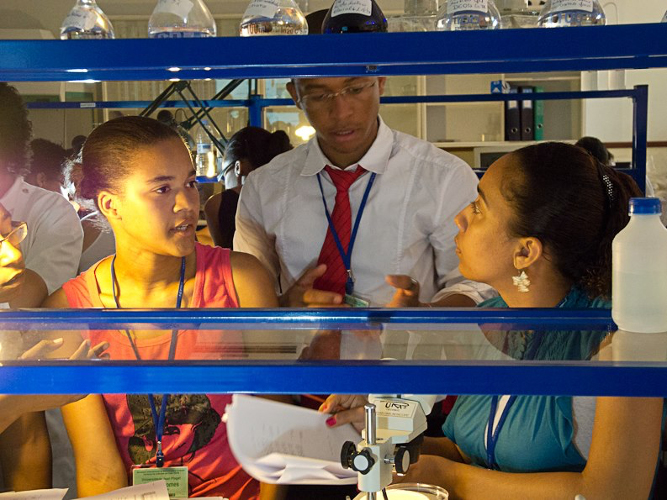
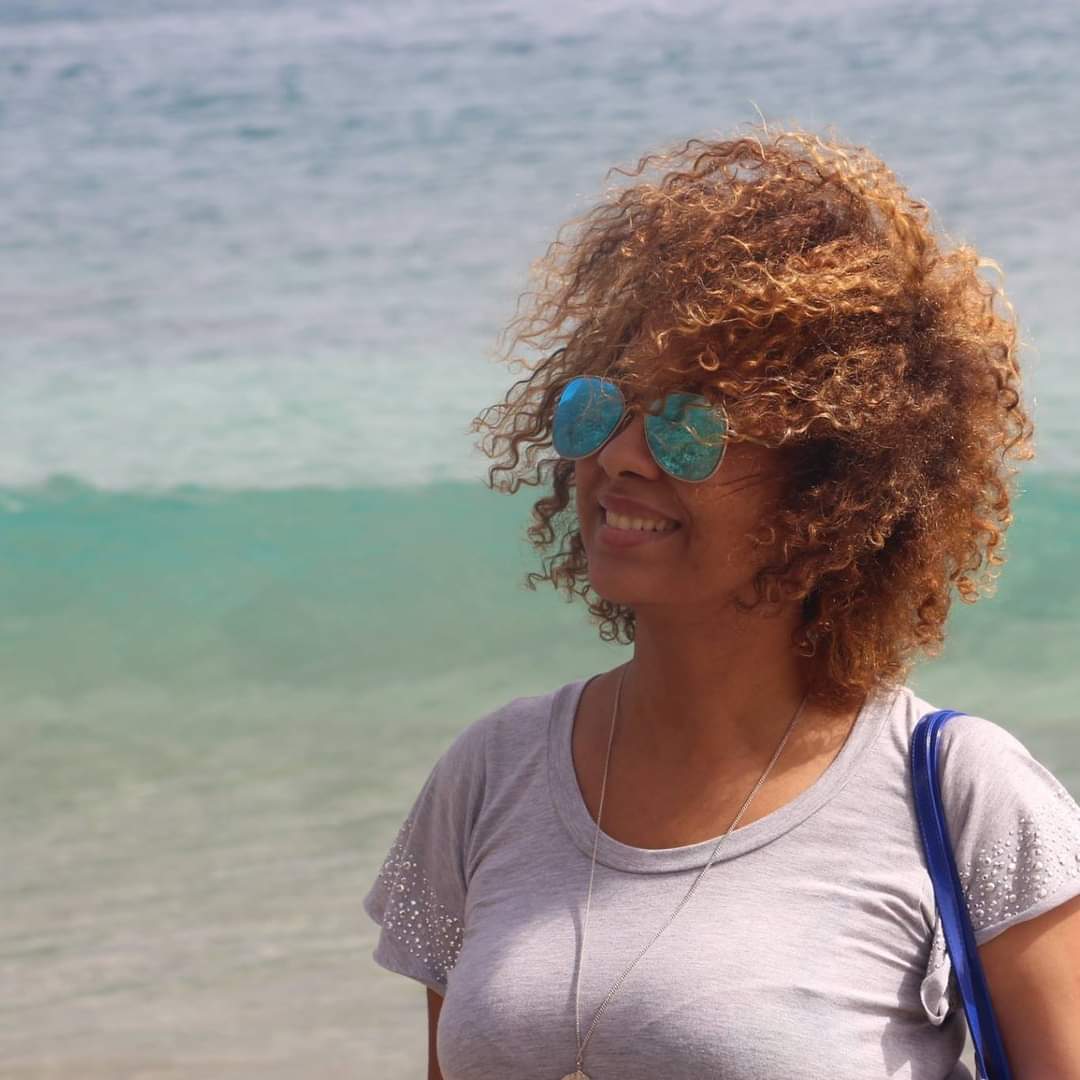
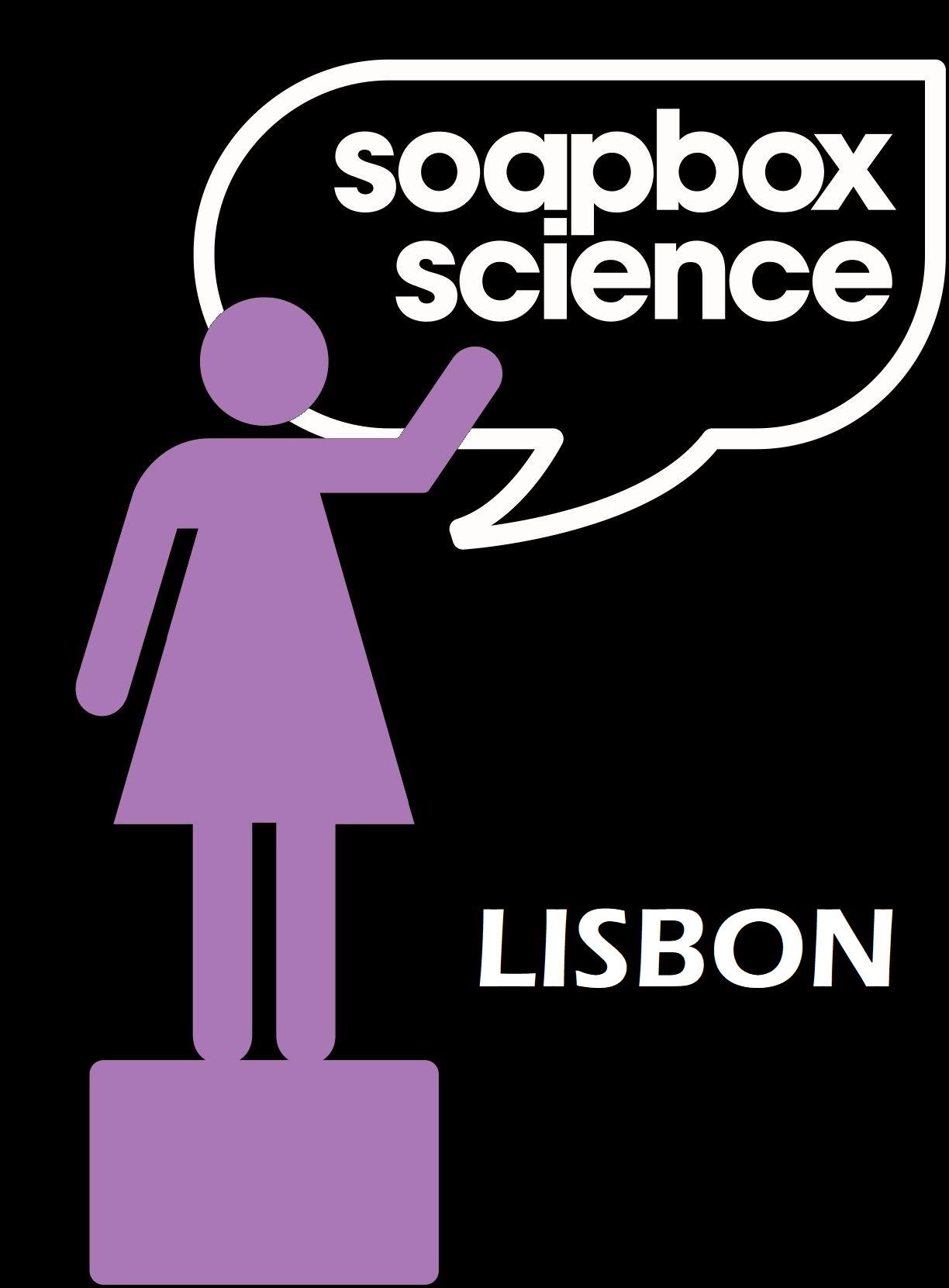
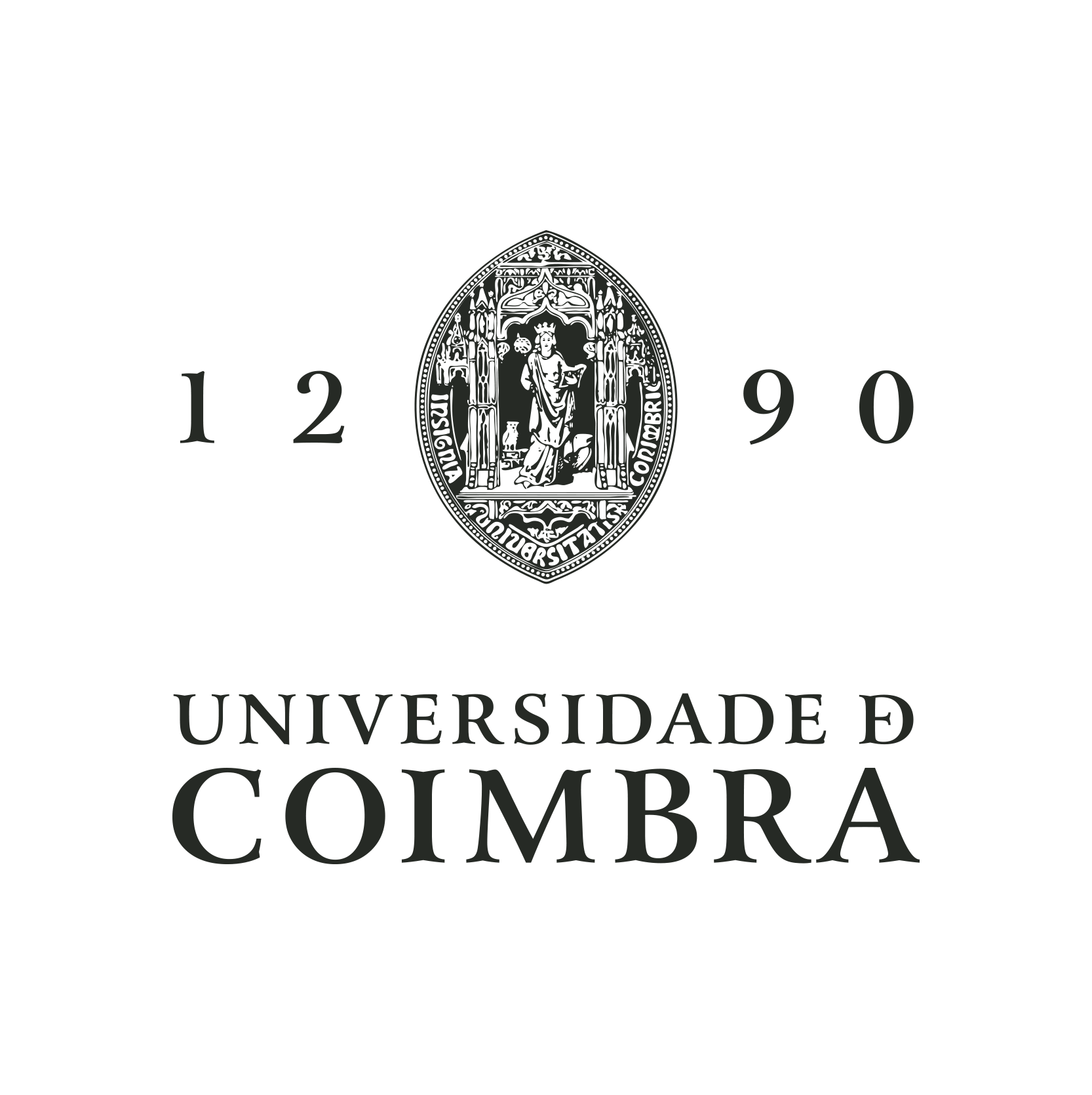
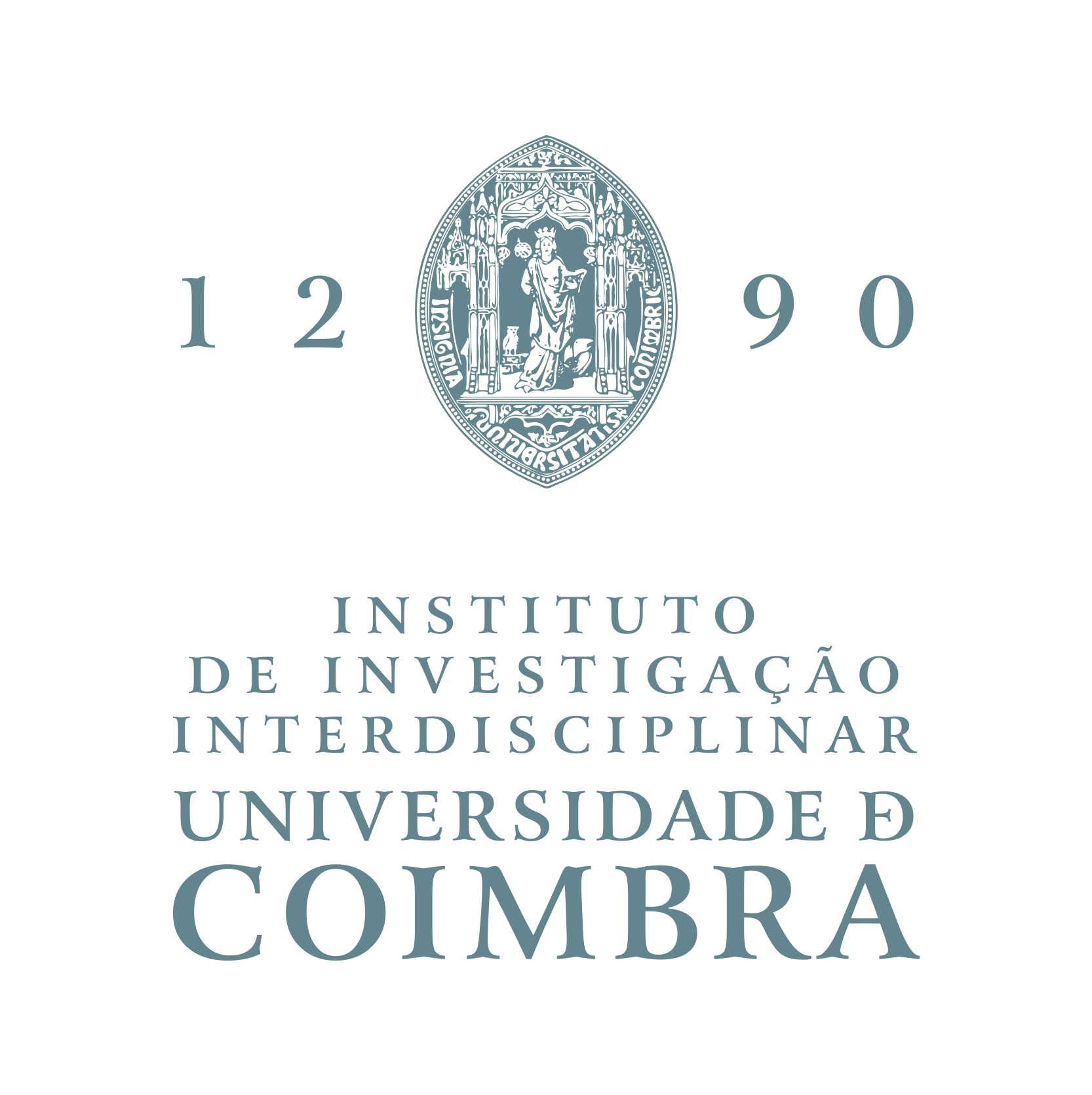
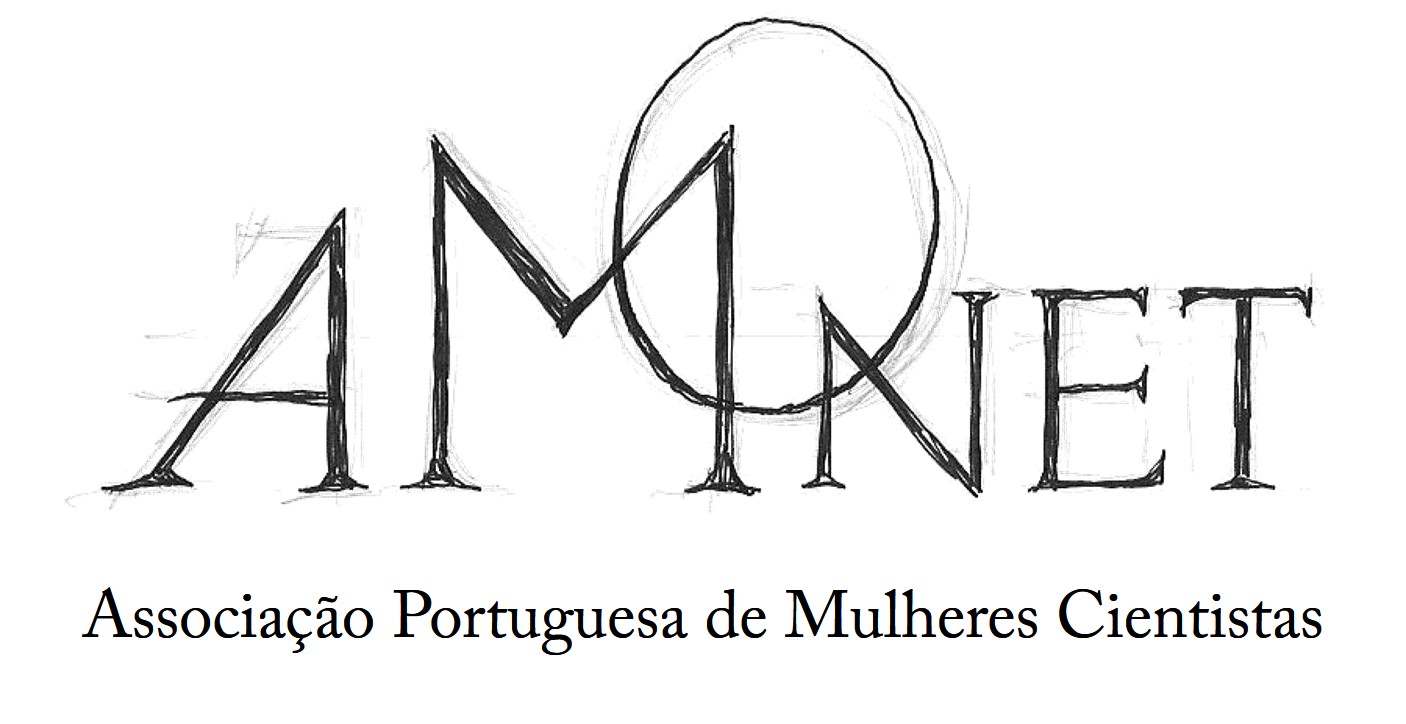
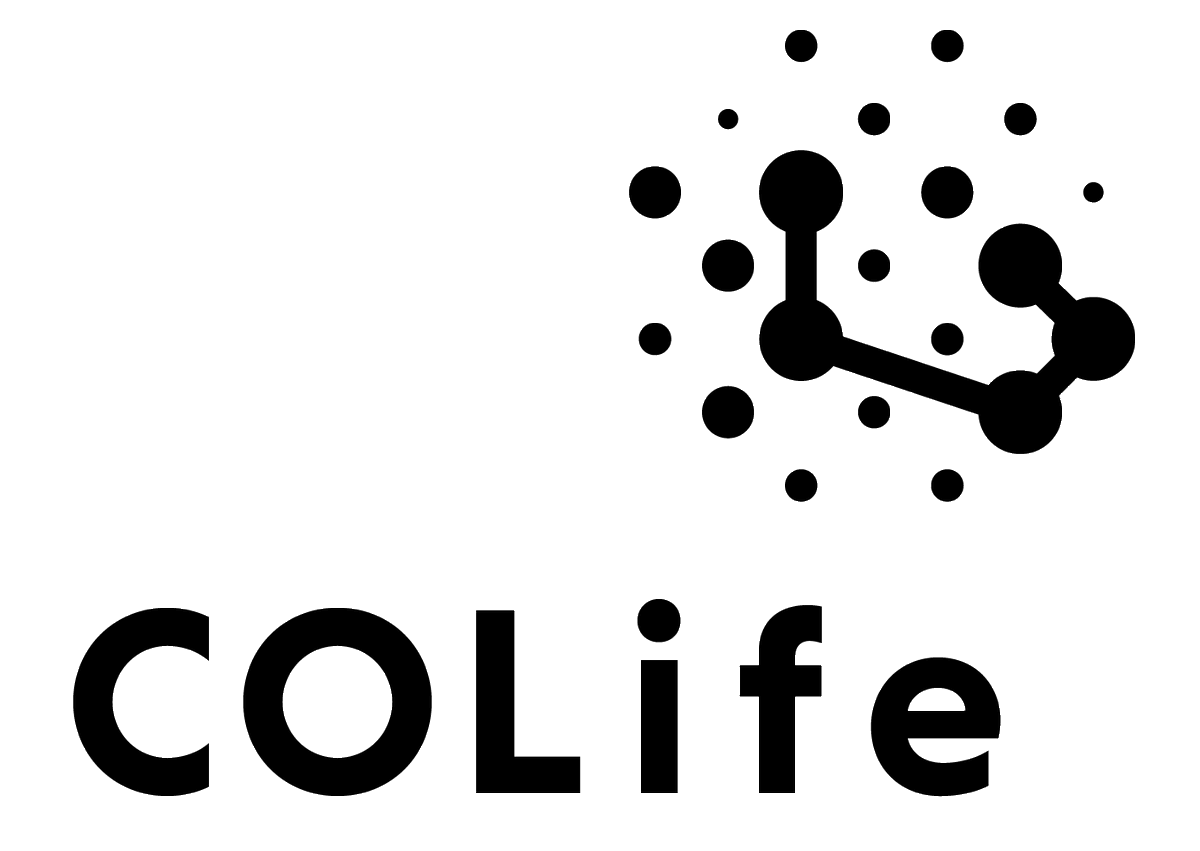
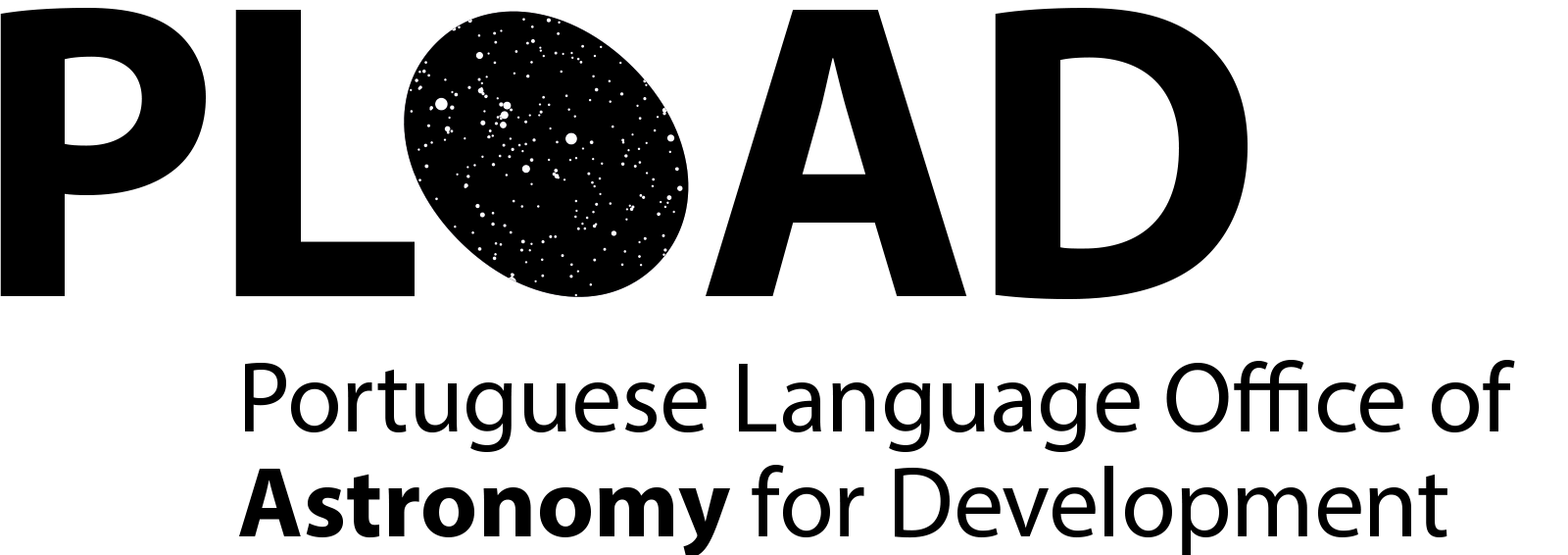
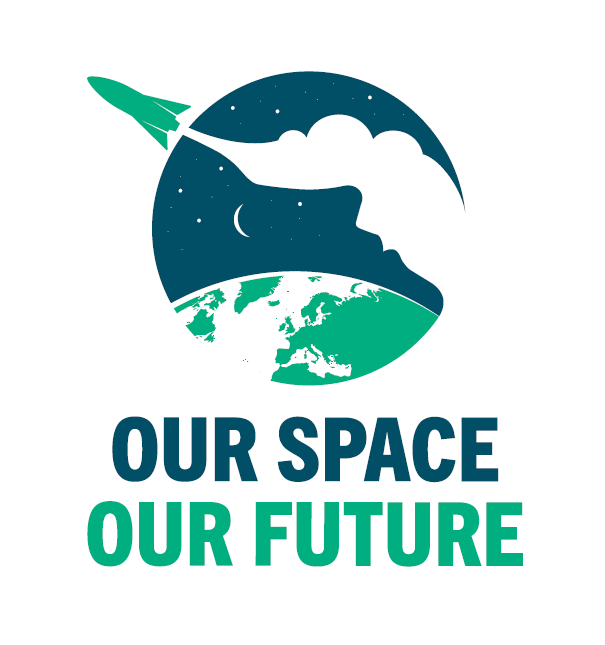

Leave a Reply